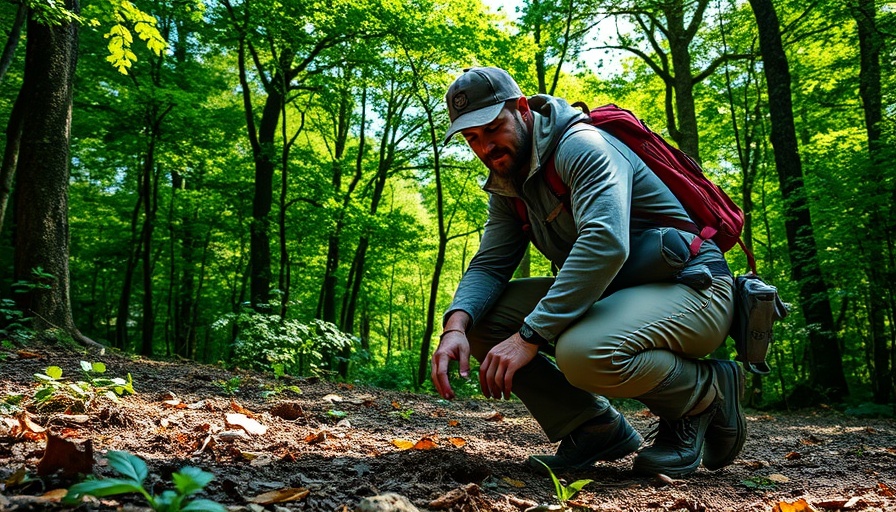
On the Trail of the Burmese Python: An Unexpected Adventure
For many who participated in recent lessons on hunting Burmese pythons, the experience was as daunting as it was enlightening. Held in the Florida Everglades, these workshops aimed to equip would-be hunters with essential skills to track and capture one of the most invasive species in the region.
Organized by wildlife officials, the initiative offered participants hands-on training in identifying python habitats and understanding their behaviors. Instructors emphasized the importance of safety, as these snakes can grow up to 20 feet long and pose challenges to inexperienced hunters.
Why Targeting Pythons Matters
The growing population of Burmese pythons has raised concerns among environmentalists. These non-native snakes have significantly harmed local wildlife, leading to sharp declines in certain species. As a response, conservationists are advocating for community involvement, with events like these proving crucial in controlling python numbers and protecting Florida’s precious ecosystems.
What Participants Learned
Many participants expressed surprise at how easy the lessons were to understand. As one attendee noted, "It's easier than I thought!" They learned practical tips, such as using specific tools designed for safe capture and how to properly handle the snakes once caught. The thrill of the hunt, combined with the opportunity to contribute positively to the environment, made for an engaging and educational experience.
Community and Conservation: A Shared Responsibility
The workshops not only fostered skills but also built community awareness about wildlife management. By encouraging locals to become involved, organizers hope to create a network of amateur python hunters who can aid professional teams in their efforts to reduce the python population.
Join the Movement
As more Floridians get involved in these conservation efforts, the future looks promising for the state's native wildlife. If you're interested in supporting local ecosystems, consider attending future training sessions or volunteering with local wildlife initiatives.
 Add Row
Add Row  Add
Add 



Write A Comment